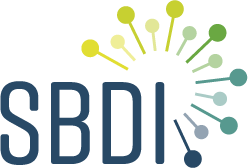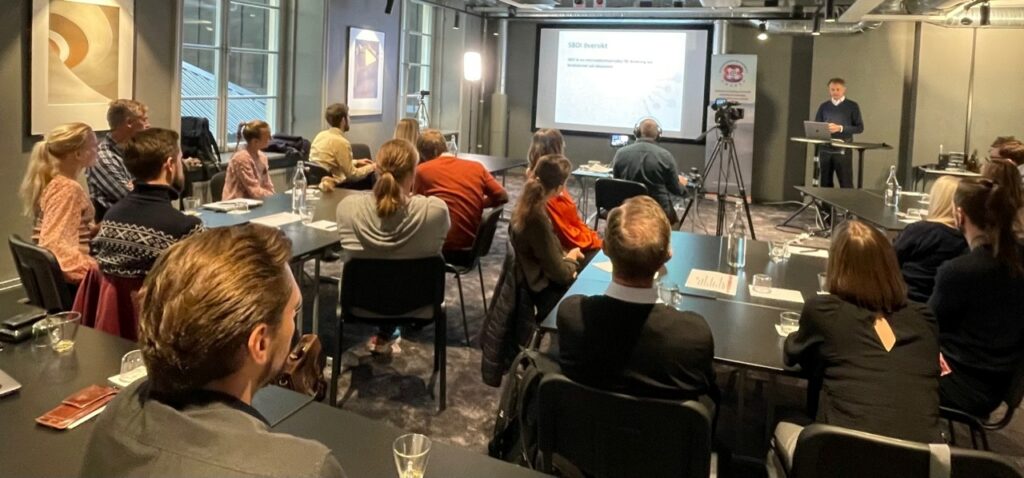We have become accustomed to systems like cap and trade being used to reduce the climate impact of businesses. Now there is a growing interest in using environmental DNA and open biodiversity data for corporate biodiversity impact reporting. Some experts even think it might be possible to create biodiversity impact markets, similar to carbon emission markets.
Earlier this year, MISTRA announced that they would invest 100 million SEK in two research programs focusing on biodiversity and the financial sector. Finance to Revive Biodiversity (FinBio) is one of them. Led by the Stockholm Resilience Centre, FinBio includes activities focused on developing standardized methods for biodiversity impact monitoring based on environmental DNA and open data publishing. Services offered by SBDI, GBIF and the Living Atlases community are critical in providing the global scalability required by companies, and the transparency and trustworthiness required by investors. FinBio impact partners include asset managers and venture capitalists, among others.
In independent developments, the network Business @ Biodiversity Sweden, which is organized by Swedish environmental consultancy EcoGain and includes a number of leading Swedish companies, is hoping to set up a “Biodiversity Data Lab” focused on exploring the use of open biodiversity data and associated infrastructure in biodiversity impact assessment. An overview of SBDI was presented to network representatives at a meeting in Stockholm on October 6 (see photo). SBDI was represented by Acting Director Fredrik Ronquist, Support Officer Debora Arlt, and Support Center Manager Matthias Obst.
- Biologists have long talked about the biodiversity crisis and how closely linked it is to human livelihood and our economy, says Fredrik Ronquist. It has been a long wait but now things are moving very rapidly. It will be a challenge for the research community and for us working with biodiversity data infrastructure and services to develop and provide corporations and finance actors with the data and analyses they need to take the right decisions.
- Greenwashing is of course a concern, but I sense a genuine interest from the corporate sector in basing their decisions on solid science and in contributing to some of the data collecting needed to improve our understanding of ecosystems, Fredrik Ronquist continues. Sustainability is now becoming a crucial factor in investment decisions, also for purely economic reasons. In fact, Swedish companies and funding agencies appear to sense a business opportunity in being ahead of the curve globally.
Listen also on the “Vetenskapsradion”-program about the FinBio-project on Swedish National Radio.

